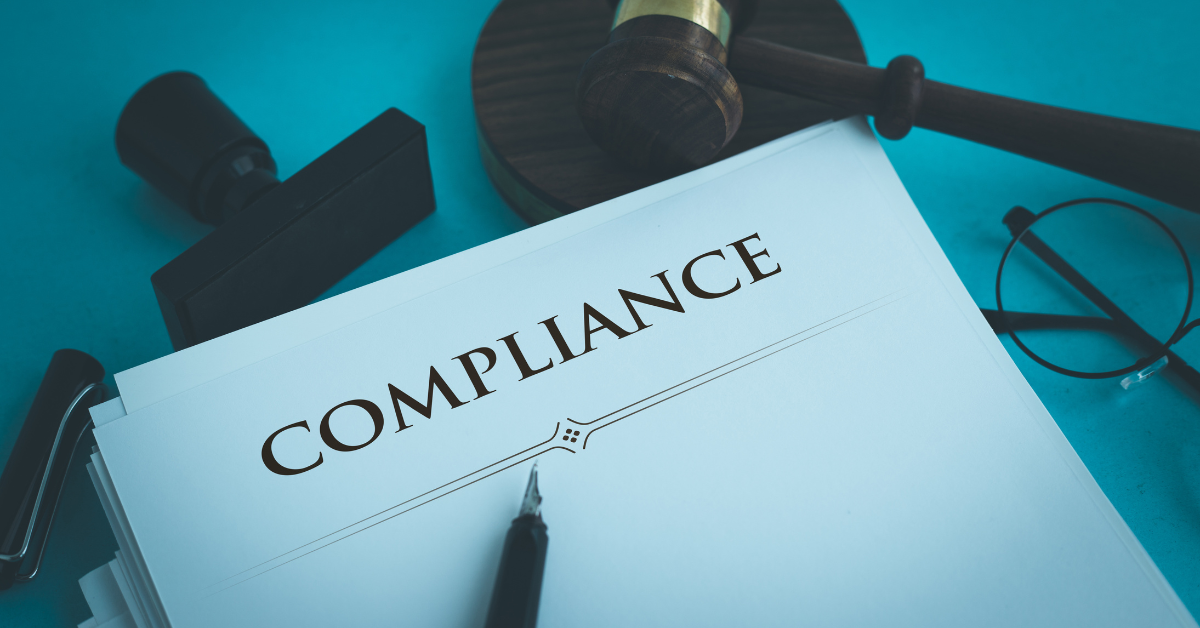In today’s digital age, privacy regulations are evolving rapidly, and businesses that fail to stay ahead of the curve risk more than just fines—they risk reputational damage, customer trust, and even operational disruption. As laws like GDPR, CCPA, and HIPAA become more stringent, organizations must take a proactive approach to data privacy to stay compliant and protect both their customers and themselves.
This blog will explore why businesses should prioritize proactive privacy regulation compliance and the steps they can take to stay ahead of the legal and ethical requirements in 2025.
The Growing Importance of Privacy Regulations
The rise of data breaches, privacy concerns, and consumer empowerment has put data privacy at the forefront of public and regulatory attention. With numerous privacy laws in place across different regions, businesses must understand the growing complexity of compliance and the risks of falling behind.
Key Regulations to Know
- GDPR: The General Data Protection Regulation (GDPR) is a comprehensive data protection law that applies to any organization processing the personal data of EU residents, regardless of where the company is based.
- CCPA: The California Consumer Privacy Act (CCPA) provides California residents with specific rights to control their personal data. It is one of the most influential privacy laws in the U.S.
- CPRA: The California Privacy Rights Act (CPRA) builds on CCPA, adding stronger data protection provisions and establishing the California Privacy Protection Agency.
- HIPAA: The Health Insurance Portability and Accountability Act (HIPAA) sets privacy and security standards for handling healthcare data in the U.S.
Other regional laws: Other privacy laws, such as LGPD (Brazil’s General Data Protection Law) and PIPEDA (Canada’s Personal Information Protection and Electronic Documents Act), are making international compliance even more challenging.
The Risks of Being Reactive About Privacy Regulations
Being reactive to privacy regulations rather than proactive can have several serious consequences. Here’s what can happen when businesses wait until they’re forced to comply:
1. Fines and Penalties
Non-compliance with privacy regulations often leads to hefty fines. For example, violations of GDPR can result in fines up to €20 million or 4% of global annual turnover—whichever is higher. Similarly, failure to meet CCPA requirements can cost businesses up to $7,500 per violation.
These fines can cripple small to medium-sized businesses and tarnish their reputation, leading to long-term financial consequences.
2. Reputational Damage
Consumers are increasingly aware of their data privacy rights and are more likely to choose companies that demonstrate a commitment to protecting their personal information. A breach or violation of privacy laws can severely damage your brand's trustworthiness, potentially leading to lost customers and negative publicity.
For example, after Facebook’s Cambridge Analytica scandal, the company saw a significant drop in user trust, leading to lawsuits, penalties, and a tarnished reputation that lasted for years.
3. Loss of Consumer Trust
Trust is everything in business, and customers expect companies to protect their personal information. When a business is found to be non-compliant with privacy laws, consumers are likely to lose confidence, and customer churn can increase. For example, Equifax’s 2017 data breach, which exposed personal data of millions, cost the company customer loyalty and led to class-action lawsuits.
4. Operational Disruption
Privacy breaches and non-compliance can lead to operational disruptions, especially when businesses need to quickly scramble to respond to regulatory investigations. This often diverts time, energy, and resources away from core business functions, leading to increased costs and decreased productivity.
The Benefits of Being Proactive About Privacy Regulations
Being proactive about privacy regulations means anticipating compliance needs, integrating privacy by design, and taking steps to safeguard customer data before any issues arise. Here are the benefits of staying ahead of the curve:
1. Avoid Fines and Penalties
By staying ahead of privacy regulations, businesses can avoid unnecessary fines and penalties. Proactive steps like regular audits, data protection impact assessments, and vendor compliance checks will help ensure that your organization remains compliant with regulations like GDPR, CCPA, and HIPAA.
2. Strengthen Customer Trust
Proactively managing privacy concerns builds consumer trust. Customers appreciate when businesses are transparent about their data practices and show they care about privacy. This leads to higher customer retention, brand loyalty, and an increased customer base.
3. Stay Competitive
As more organizations prioritize data privacy, being proactive about compliance will help differentiate your business in a competitive market. Organizations that can demonstrate strong data protection practices will be in a better position to win new clients and retain existing ones, especially in regulated industries like healthcare, finance, and e-commerce.
4. Avoid Reputational Damage
Proactively complying with privacy laws helps protect your reputation. When a company takes the necessary steps to comply with privacy laws, it sends a message to consumers and investors that the organization values data security and transparency, which reduces the risk of a PR crisis.
5. Improve Operational Efficiency
By adopting a proactive privacy strategy, businesses can streamline their compliance efforts and avoid the stress of rushing to address gaps when regulators knock. Compliance processes become more integrated, and security measures can be improved as part of the overall workflow, rather than as a reactive afterthought.
Steps to Build a Proactive Privacy Program
For businesses looking to build a proactive privacy program, here are the steps you can take to ensure compliance and protect your organization in 2025 and beyond:
1. Conduct Regular Privacy Audits
Perform regular audits to identify potential compliance gaps. This will help you spot weaknesses in your data privacy practices and address them before they become problems. Consider using a third-party audit service for an independent assessment.
2. Implement Privacy by Design
Privacy by design means integrating data protection principles into the design and operation of your IT systems and processes. Ensure that your organization’s data collection, storage, and sharing practices meet the highest privacy standards right from the start.
3. Invest in Data Encryption and Security
Data encryption and secure storage methods are essential for protecting sensitive customer data. Ensure that all sensitive data, both in transit and at rest, is fully encrypted, and that robust access control mechanisms are in place.
4. Provide Ongoing Employee Training
Educate your employees about the importance of privacy and data protection best practices. Make sure all employees, from customer service representatives to developers, understand the privacy laws that apply to their roles and how to handle data securely.
5. Stay Updated with Evolving Regulations
Regulations like GDPR and CCPA continue to evolve. Businesses must stay up-to-date with new privacy laws and amendments. Regularly check for updates from regulatory bodies to ensure your privacy program remains compliant with the latest standards.
Conclusion: A Proactive Privacy Strategy is Key to Business Success
In 2025, being proactive about privacy regulations is not just about avoiding penalties—it’s about securing your brand’s reputation, building customer trust, and ensuring business continuity. As data privacy laws continue to evolve, businesses that stay ahead of compliance requirements will be better positioned to reduce risks and capitalize on new opportunities in the market.
By conducting regular audits, implementing privacy by design, investing in data security, and educating employees, organizations can build a strong privacy program that not only protects them from regulatory fallout but also builds a foundation for long-term success.

.png)


